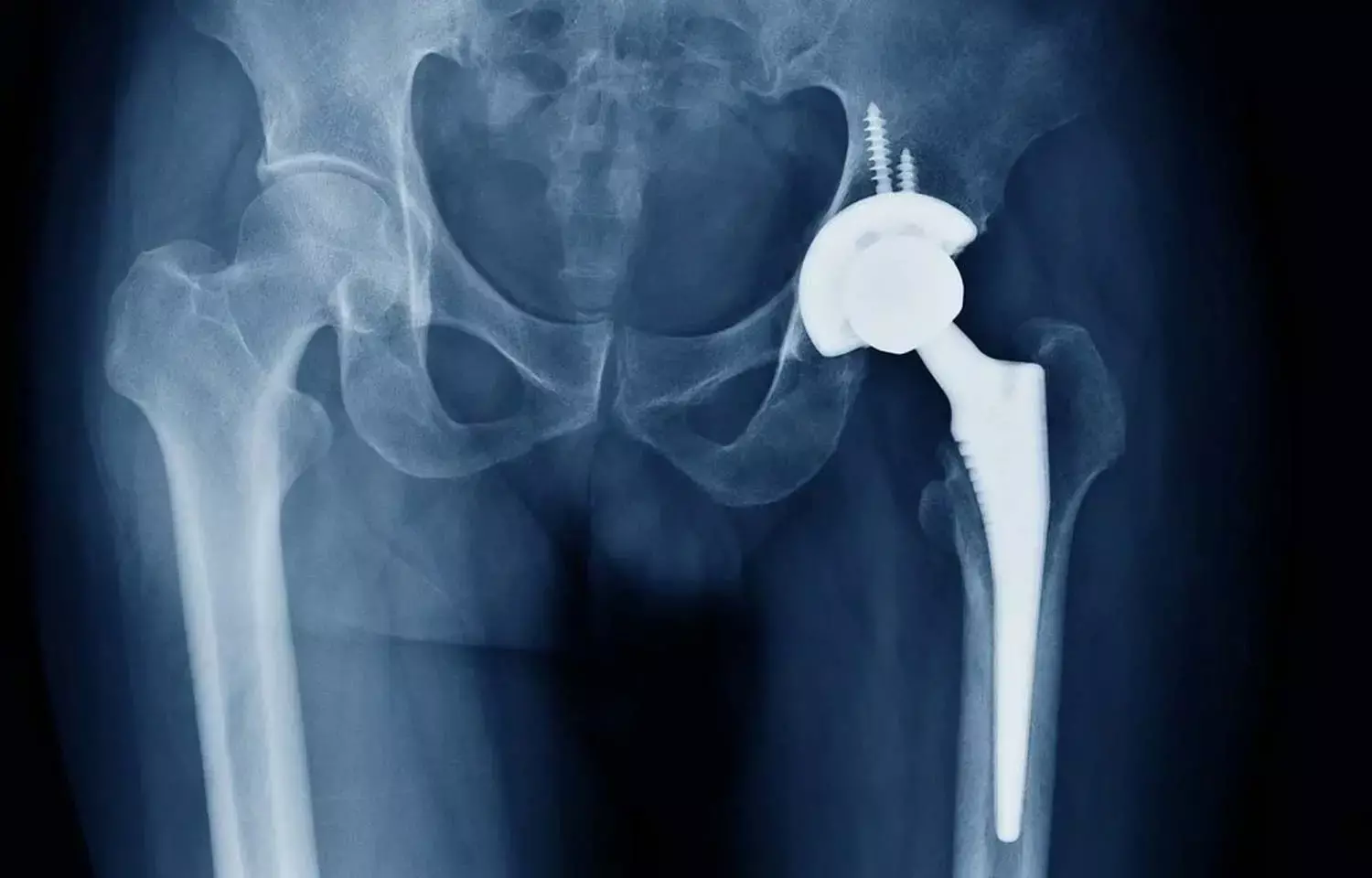- Home
- Medical news & Guidelines
- Anesthesiology
- Cardiology and CTVS
- Critical Care
- Dentistry
- Dermatology
- Diabetes and Endocrinology
- ENT
- Gastroenterology
- Medicine
- Nephrology
- Neurology
- Obstretics-Gynaecology
- Oncology
- Ophthalmology
- Orthopaedics
- Pediatrics-Neonatology
- Psychiatry
- Pulmonology
- Radiology
- Surgery
- Urology
- Laboratory Medicine
- Diet
- Nursing
- Paramedical
- Physiotherapy
- Health news
- Fact Check
- Bone Health Fact Check
- Brain Health Fact Check
- Cancer Related Fact Check
- Child Care Fact Check
- Dental and oral health fact check
- Diabetes and metabolic health fact check
- Diet and Nutrition Fact Check
- Eye and ENT Care Fact Check
- Fitness fact check
- Gut health fact check
- Heart health fact check
- Kidney health fact check
- Medical education fact check
- Men's health fact check
- Respiratory fact check
- Skin and hair care fact check
- Vaccine and Immunization fact check
- Women's health fact check
- AYUSH
- State News
- Andaman and Nicobar Islands
- Andhra Pradesh
- Arunachal Pradesh
- Assam
- Bihar
- Chandigarh
- Chattisgarh
- Dadra and Nagar Haveli
- Daman and Diu
- Delhi
- Goa
- Gujarat
- Haryana
- Himachal Pradesh
- Jammu & Kashmir
- Jharkhand
- Karnataka
- Kerala
- Ladakh
- Lakshadweep
- Madhya Pradesh
- Maharashtra
- Manipur
- Meghalaya
- Mizoram
- Nagaland
- Odisha
- Puducherry
- Punjab
- Rajasthan
- Sikkim
- Tamil Nadu
- Telangana
- Tripura
- Uttar Pradesh
- Uttrakhand
- West Bengal
- Medical Education
- Industry
High levels of CRP following total joint arthroplasty increase risk of fever

Following total knee arthroplasty (TKA) and total hip arthroplasty (THA) the first fever and maximum body temperature most commonly appeared on the Postoperative day 2 and Postoperative day 1 in the same groups. Fall in hemoglobin in THA group and high C-reactive protein in both the groups are a risk factor for postoperative fever. This study was published in the BMC Musculoskeletal Disorders.
Postoperative fever (POF) is a common problem after total joint arthroplasty (TJA). This research by MingzYang Li and peers was focused to analyze the characteristics and risk factors of fever following Total Joint Arthroplasty.
2482 patients who had primary TKA or THA surgery between January 2020 and December 2020 were investigated. Axillary temperatures of patients were measured and POF was defined as body temperature more than 38 °C. Patients in the TKA and THA groups were further divided into afebrile group and febrile group based on their body temperatures. Based on the number of patients in the febrile group, the researchers randomly selected a corresponding number of patients from the afebrile group (1:2) to establish a control group. Factors like Gender, hypertension, diabetes, anesthesia, surgical time, and some laboratory data were analyzed between both the groups.
The findings of the study were;
- 3% percent of TKA patients (45 patients) had fever, while 38% (17 patients) had maximum body temperature and fever on postoperative day 2.
- 6% of THA patients (46 patients) had fever, 65% (30 patients) had fever and maximum body temperature on POD1.
- Compared with afebrile group, febrile group has higher C-reactive protein (CRP) after surgery in the TKA group.
- Compared with the afebrile group, the patients in the febrile group had larger fall in hemoglobin (g/L), and higher CRP after surgery in the THA group.
Reference:
Li, M., Lyu, C., Fang, Y., Shao, Z., Liu, K., & Liu, N. (2022). Characteristics and risk factors of fever after total joint arthroplasty: a single-center retrospective study. In BMC Musculoskeletal Disorders (Vol. 23, Issue 1). Springer Science and Business Media LLC. https://doi.org/10.1186/s12891-022-05940-3
Neuroscience Masters graduate
Jacinthlyn Sylvia, a Neuroscience Master's graduate from Chennai has worked extensively in deciphering the neurobiology of cognition and motor control in aging. She also has spread-out exposure to Neurosurgery from her Bachelor’s. She is currently involved in active Neuro-Oncology research. She is an upcoming neuroscientist with a fiery passion for writing. Her news cover at Medical Dialogues feature recent discoveries and updates from the healthcare and biomedical research fields. She can be reached at editorial@medicaldialogues.in
Dr Kamal Kant Kohli-MBBS, DTCD- a chest specialist with more than 30 years of practice and a flair for writing clinical articles, Dr Kamal Kant Kohli joined Medical Dialogues as a Chief Editor of Medical News. Besides writing articles, as an editor, he proofreads and verifies all the medical content published on Medical Dialogues including those coming from journals, studies,medical conferences,guidelines etc. Email: drkohli@medicaldialogues.in. Contact no. 011-43720751


